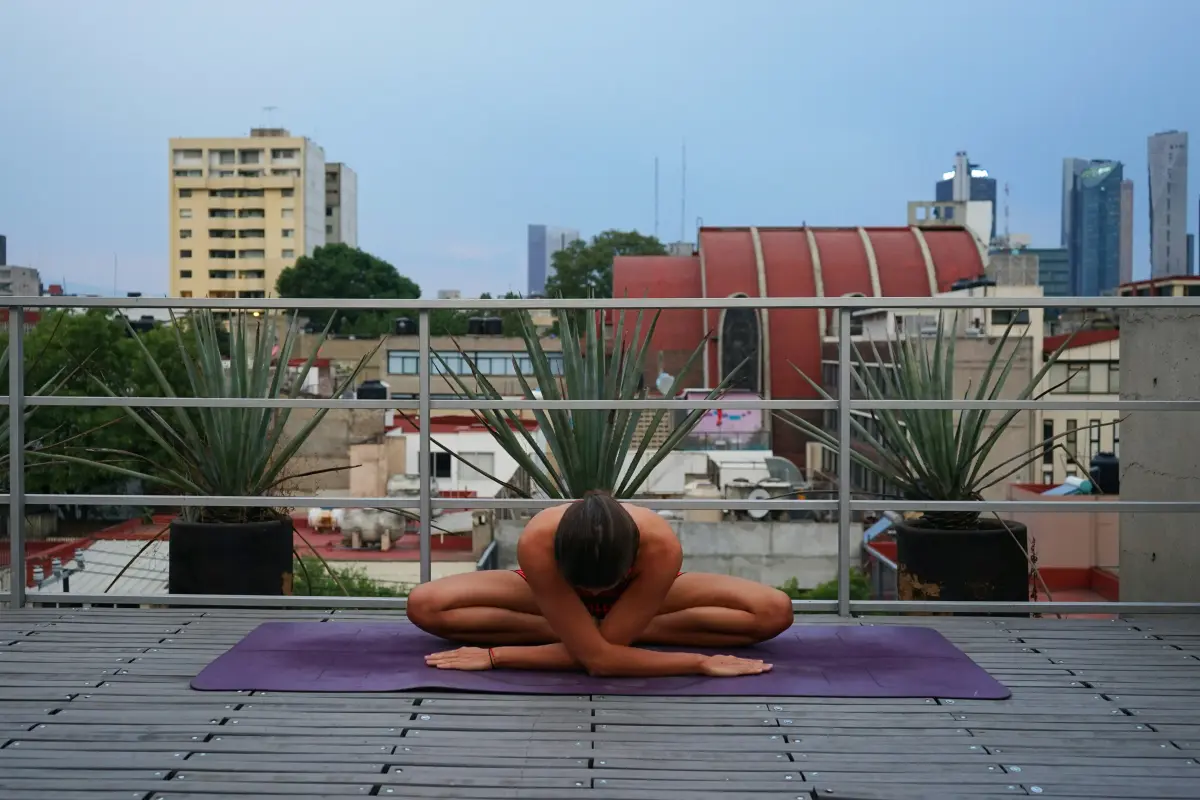
No Pain, No Gain? Think Again
Why Rest Days Are Just as Important as Workouts
There’s a popular myth in fitness: “If it doesn’t hurt, it’s not working.” But real progress happens not during your workouts — but in the time between them. Recovery is when your body builds strength, restores balance, and prevents injury.
"You don’t grow when you train. You grow when you recover."
The Science of Recovery
When we train — especially with strength or high-intensity workouts — we create microtears in our muscle tissue. The body then needs time, proper sleep, and nutrients to repair and rebuild those fibers, making them stronger than before. Skipping recovery can backfire: you may feel stuck, fatigued, or even regress in performance.

What Happens If You Skip Rest?
- Increased cortisol (stress hormone)
- Suppressed immune system
- Hormonal imbalance (testosterone/cortisol ratio)
- Reduced performance and strength
- Greater risk of injury and burnout
Studies have shown that overtrained individuals show chronically elevated cortisol levels, lower testosterone, and poor sleep — all signs of hormonal stress. Your nervous system and musculoskeletal system need time to adapt.
⚠️ Signs of Overtraining
Not sure if you’re pushing too hard? Look out for these:
| Symptom | What It Might Indicate |
|---|---|
| Chronic fatigue | Poor recovery and CNS overload |
| Irritability or mood swings | Elevated stress hormones |
| Trouble sleeping | Imbalanced nervous system |
| Declining performance | Insufficient muscular recovery |
A Balanced Weekly Plan
A smart training plan includes a mix of intensity, movement, and restoration. Here's an example of a week with purposeful recovery built-in:
Strength training
Active recovery (walk, yoga)
HIIT/Cardio
Full rest
Strength (lower body)
Mobility or stretch session
Rest / light walk
Final Thought
Muscles grow when you sleep. Your hormones stabilize when you rest. And your mindset improves when you're balanced. So don’t skip rest — it’s the most underrated part of your transformation.
Learn about recovery in our Mind & Mood section. Want to ditch perfection? Check our Balanced Nutrition Guide.



